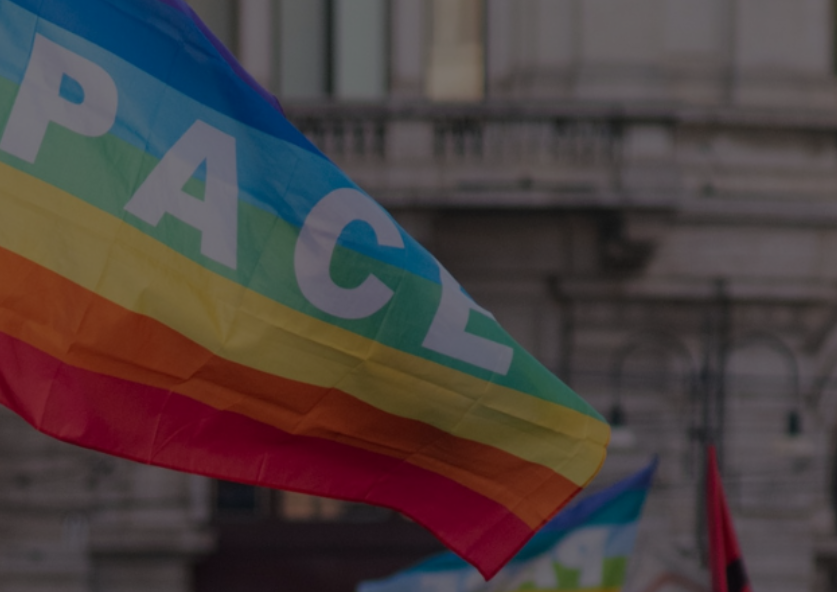Padua, 30th April 2025 – The European Union’s rearmament plan, ReArm Europe, encourages the channelling of citizens’ savings into the arms industry and represents a dangerous green light for the financialisation of war. This warning comes from Banca Etica, which argues that security and geopolitical stability must not be entrusted to the speculative logic of financial markets.
The EU aims to actively involve its citizens in the arms race, seeking to redirect part of the EUR 10 trillion held in savings across the continent towards financing European arms companies. This is the concern raised by Italy’s first and only bank exclusively dedicated to ethical finance.
ReArm Europe: A war economy funded by citizens? The EU appears to be shifting towards a war economy. Military spending and the financial mechanisms to support it have become central to the political agenda of both the European Union and its Member States. Under the ReArm Europe initiative, the European Commission is allocating EUR 800 billion: EUR 150 billion would come directly from EU funds in the form of loans to Member States (thereby increasing public debt), while the remaining EUR 650 billion would be drawn from national budgets, but excluded from deficit-to-GDP calculations under the Stability Pact. This comes in addition to the imminent approval of the Savings and Investments Union directive, which aims to channel a significant portion of European citizens’ savings (estimated at EUR 10 trillion) into EU businesses, with a particular emphasis on those in the defence sector.
Banca Etica’s concerns “The approval of the Savings and Investments Union would increasingly expose European savers and workers – through investment funds, pension schemes, insurance products, and enabled by complex securitisation mechanisms – to supporting the arms industry, all in the absence of transparency,” warns Anna Fasano, President of Banca Etica. “Through complex financial instruments such as securitisations, citizens could end up investing in weapons without even realising it.” She adds: “Meanwhile, in France, the state investment bank Bpifrance is preparing to issue savings bonds to finance arms manufacturers, as announced by the Minister of the Economy.”
“Historically, wars have been accompanied by financial speculation, but giving in to the financialisation of defence risks triggering perverse mechanisms that fuel conflict: more conflicts mean greater profits for someone.” Anna Fasano, President of Banca Etica
The financialisation of war fuels conflict “Historically, wars have been accompanied by financial speculation, but giving in to the financialisation of defence risks triggering perverse mechanisms that fuel conflict: more conflicts mean greater profits for someone,” emphasises Anna Fasano, also recalling the words of Pope Francis in 2024 about economic interest becoming an incentive to continue and extend wars in order to sell or test new weapons. The surge in profits across the arms sector since 2022 illustrates this trend: according to a report by Mediobanca, shares in international defence firms returned +72.2% between early 2022 and October 2024 – far surpassing the global stock market average (+20.1%). European firms outperformed even further, with gains of +128.1% compared to +59.1% for their US counterparts. This upward trend continued into early 2025, with the STOXX Europe Total Market Aerospace & Defense Index rising by +35% by March, compared with +9% for the STOXX Europe 600 Index.
Sustainable finance at risk Efforts to broaden funding sources for the defence sector are also endangering sustainable finance (ESG). A radical shift is anticipated, one that could lead to weapons being classified as sustainable investments under current regulations. Banca Etica strongly rejects this direction, reiterating its position following earlier proposals by EU defence ministers to label arms-related financing as sustainable. This trajectory was recently confirmed during a meeting of the EU Directorate-General for Defence Industry and Space (DG DEFIS), and in early April 2025, financial giant Allianz announced plans to include securities from nuclear weapons manufacturers in its ‘sustainable’ finance products – justifying the move on the grounds of the ‘ethical’ role of nuclear deterrence.
A firm ethical finance stance Banca Etica, along with the broader ethical finance movement, firmly condemns these developments. The Global Alliance for Banking on Values (GABV), which brings together over 80 ethical banks worldwide, reaffirmed in its Milan Declaration (2024) that “the financing of weapons cannot form part of – and is incompatible with – any definition of sustainable finance”.


